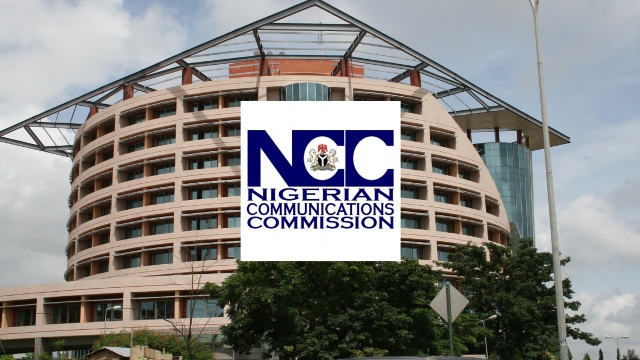The Nigerian Communications Commission (NCC) is calling on states and local government councils nationwide to consider reducing taxes imposed on telecom companies, emphasizing that excessive taxation could hinder the industry’s growth.
In the Federal Government’s 2024-2026 Medium-Term Expenditure Framework and Fiscal Strategy Paper, there’s a plan to introduce a five percent excise duty on telecommunication services to boost revenue.
Aminu Wada Maida, the Executive Vice Chairman of the NCC, expressed concern about the current tax burden, which ranges between 50 to 55 percent on telecom operators. He highlighted the challenge of attracting foreign investments, a directive from President Bola Tinubu, given the high tax rates.
Speaking at an interactive session with journalists in Abuja on Tuesday, Maida announced plans for nationwide advocacy to persuade states, local governments, and other stakeholders to reduce levies, particularly Right of Way charges and multiple taxes.
“We are going to be going on an advocacy campaign to see how we can convince the states to remove some of these obstacles like Right of Way and multiple taxations because I have seen some studies which indicate taxation is almost 50% getting to 55% in some areas in this country. And you would agree with me that if we are trying to bring in foreign investment, that is not a good picture to paint,” said Maida.
He urged states to consider the long-term benefits of attracting massive investments in the sector, which would lead to job creation and other value chains.
Addressing the ongoing dispute between major telecom companies MTN Nigeria and Globacom Network, Maida assured that the commission would ensure a fair playing field for all stakeholders.
He outlined the NCC’s strategic vision based on five pillars to drive the telecom industry’s growth and its contribution to the country’s Gross Domestic Product (GDP).
Acknowledging challenges related to service quality from Mobile Network Operators and Internet Service Providers, Maida emphasized adopting a “total consumer experience” approach to address consumer concerns.
In response to complaints about data depletion, he advised consumers to consider factors like handset types, available services, and digital offerings when assessing costs.
Maida stressed the importance of improving the overall consumer experience, covering aspects such as network selection, SIM registration processes, tariff transparency, and customer support.













